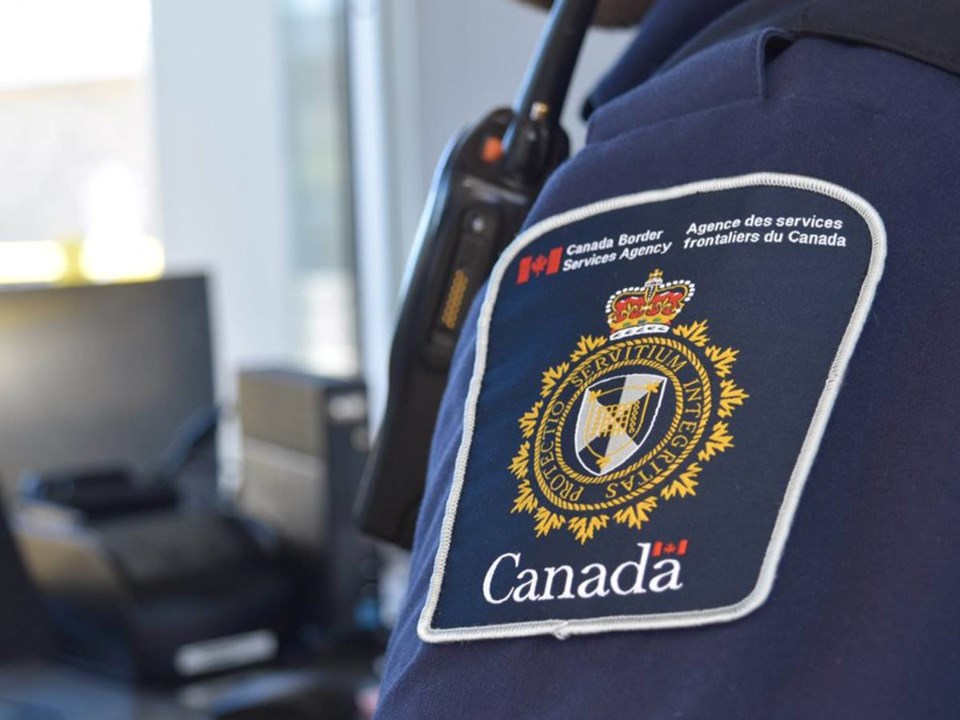Of the 27,405 people whose digital devices were examined by the Canadian Border Services Agency (CBSA) in the past two years, 40 per cent resulted in customs-related offences.
However, the Officer of the Privacy Commissioner (OPC) found that the agency breached the Privacy Act in two cases between Nov. 20, 2017 and Dec. 31, 2019.
The Richmond News requested the number of examination cases at the Vancouver International Airport in Richmond, however, CBSA spokesperson Rebecca Purdy said they are unable to provide information broken down by mode, province or territory at this time.
“We will only begin collecting information by region and mode once the agency’s new statistics collection automated process goes into effect for the 2020-2021 fiscal year.”
As a result, the OPC made policy recommendations to the CBSA to guarantee respect for travellers’ privacy while keeping strong border protection.
A new policy has since been launched which includes a more “developed, detailed (and) mandatory training program” for all new and existing officers, said a CBSA statement.
CBSA said they understand the importance of “transparency and maximizing the release of open data” and will publish the statistics on the number of digital device examinations on a regular basis.
Customs-related offences such as false statements, inaccurate descriptions of items and smuggling items into the country can land travelers with a significant fine or imprisonment, according to the Customs Act.



